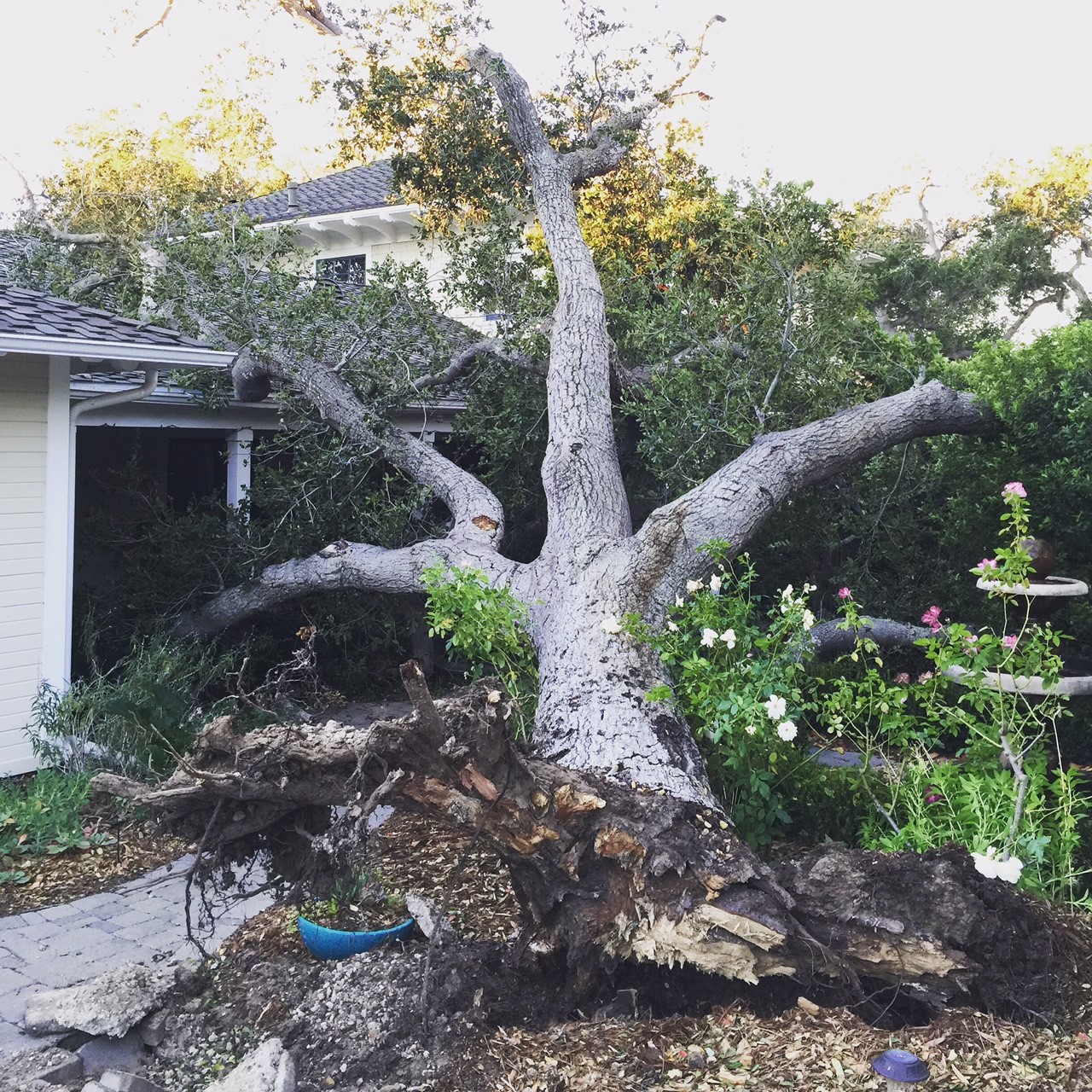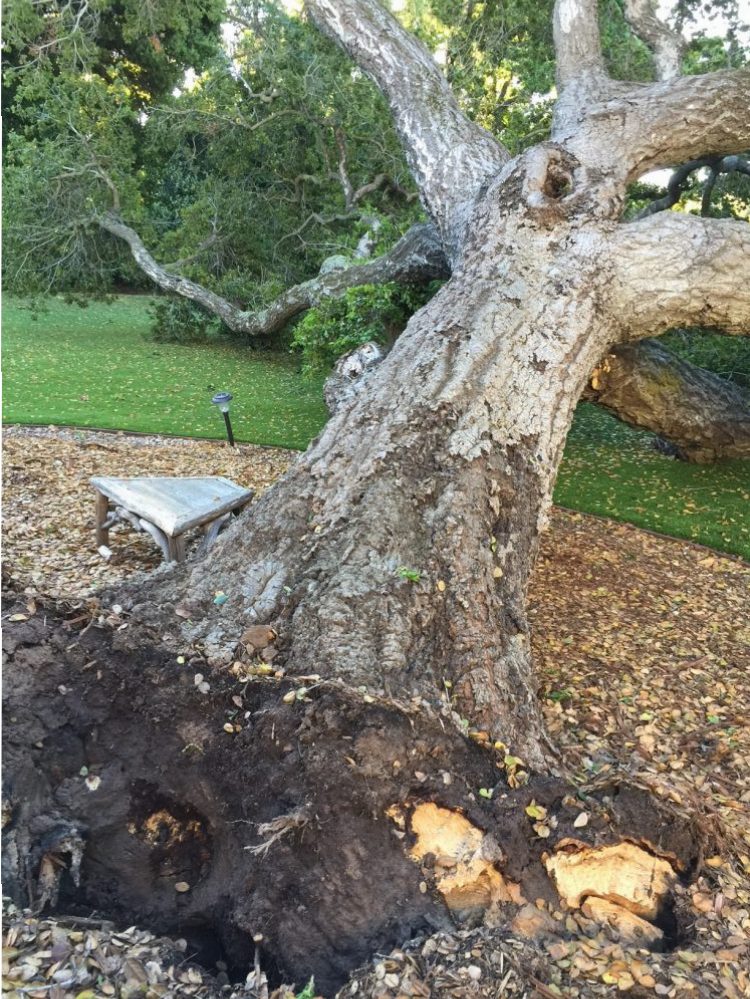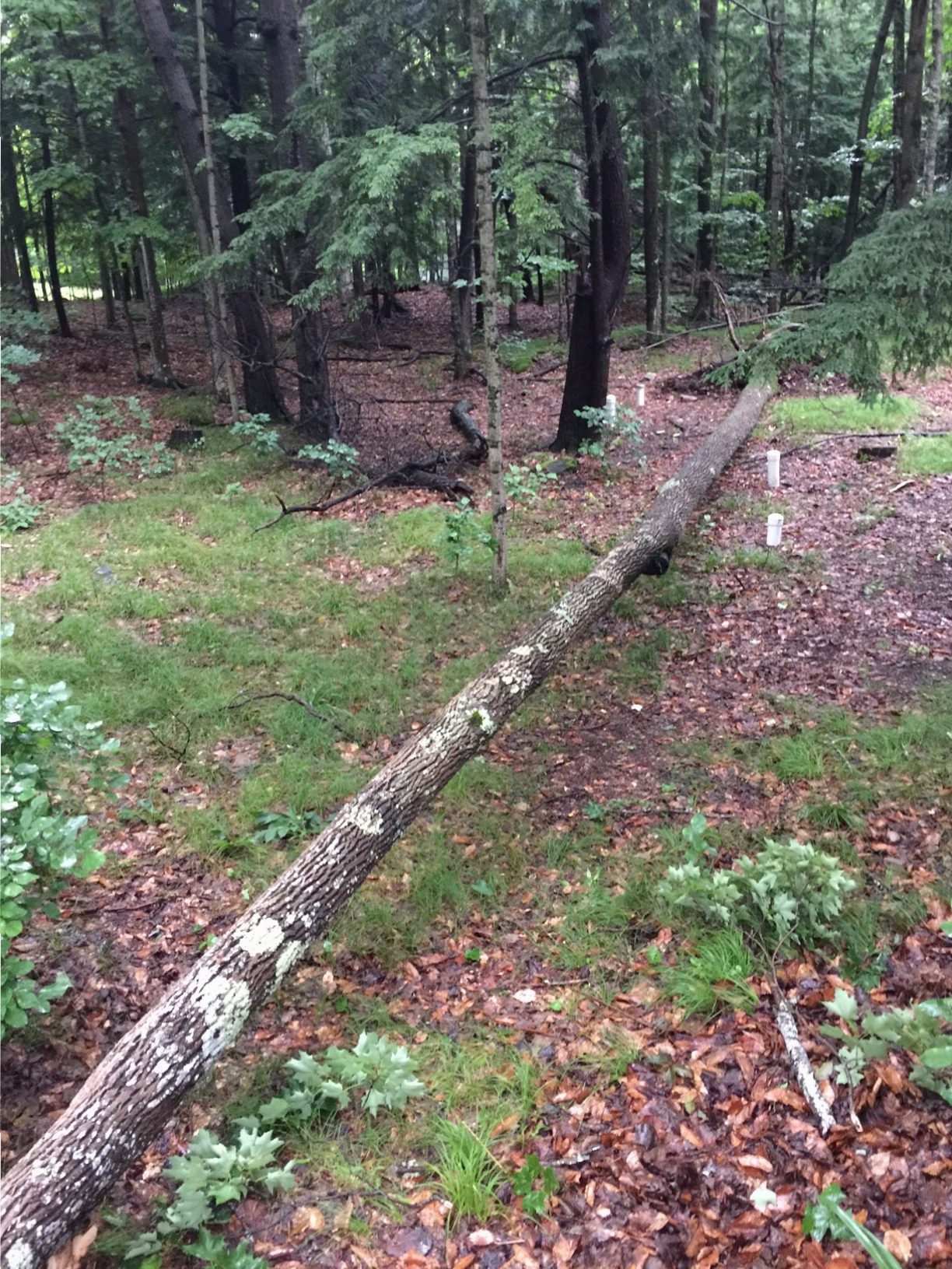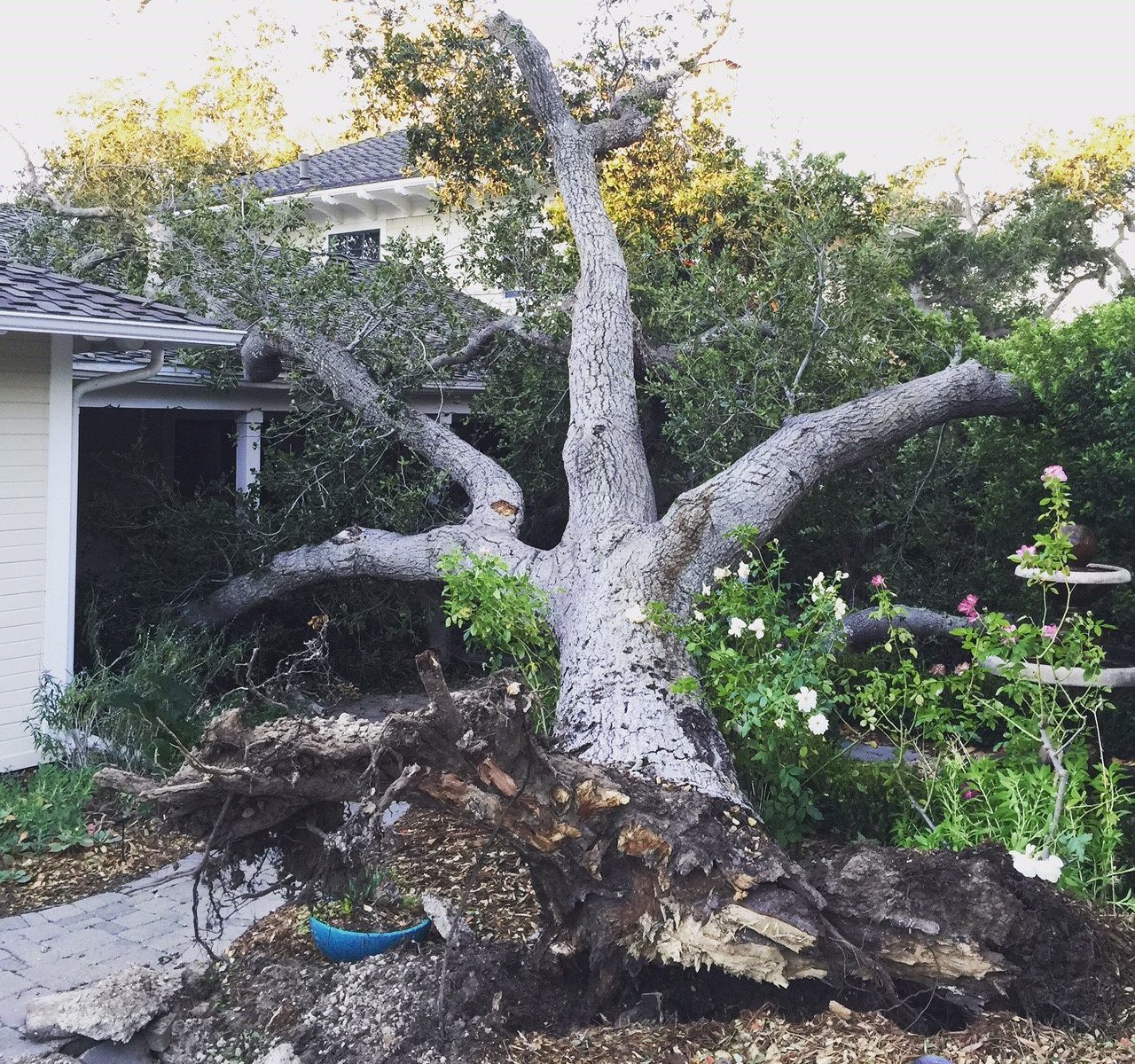
I’ve just moved two time zones and more than twenty-three hundred miles away from the place I’ve called home since 1995. My husband and I pulled out of our driveway in Santa Barbara, California on June 21st and, after putting nearly everything we own into a storage unit not far from the house we bought in Milwaukee, Wisconsin (long story) we headed a bit farther north to spend the rest of the summer in Door County, a pinky finger of a peninsula between Green Bay and Lake Michigan.
After all the weeks of preparing for our cross-country move—the purging, organizing, and packing—we now have the extraordinary gift of a bona fide summer vacation. Which feels glorious (yes, glorious) not only because it has been one of our favorite getaway spots for years, but because it allows us to exist in a magical bubble of in-between where it is easy for me to stay clear of the sharp edges of our move.
I’m not necessarily heartbroken to leave southern California.
With each passing year, I’ve had an increasingly difficult time with the extremes of that particular part of the world. Between outrageous real estate prices, the years-long severe drought, and the threat of earthquakes and fires, something deep in my body has been longing for an environment that feels more in alignment with the steadier, more natural rhythms of life and nature. It seems crazy to most people that I would voluntarily leave a place with year-round sunshine and flip-flop weather in February in order to go somewhere with a fleet of snowplows at the ready as early as October, but it no longer makes sense to me to take in the scenery outside my kitchen window and, from that perspective, have no idea what time of year it is.
What is heartbreaking about this move is that we have left behind a community of loved ones that includes family, neighbors, friends we’ve had for decades, and even people like my dentist. That is the part that swooshes into my heart and almost knocks me over—the reality that we won’t be running into our neighbors across the street on our morning walks with Tilda like we used to and that we can’t call our best friends down the street to join us for dinner. The physical distance that now sits between us and so many of the people we love most in the world is an undeniable fact of our relocation, one I had to start absorbing the day we left Santa Barbara and turned our car away from the Pacific Ocean, knowing it was the last time we’d see it as residents of California.
Over the past year and a half, I’ve watched three trees die—two of them fully grown, mature oaks that loomed large in our yard in Santa Barbara and one a towering evergreen next to the house my husband and I have rented here in Door County. The first tree fell on a Christmas night when fierce winds pushed an already dying oak out of the ground and onto our roof late at night, hitting so hard the whole house shook. (Believing it was an earthquake, we didn’t get up to investigate and therefore didn’t realize what had actually happened until morning.) The second tree fell with a whisper a little over a year later. One night we went to bed, the next morning the tree was on its side. I had been thinking for many weeks I was imagining things when it seemed like its lowest branch kept getting lower, but after it fell I realized I had been watching it slowly fall—and slowly die—as if wanting to take in every last breath of air and push out as many new leaves as possible to ensure a gentle landing. We ended up moving just a few months later.

The house we’ve rented in Door County is surrounded by trees. We hear barred owls at night, see deer on our morning walks, and watched a raccoon scurry by one evening while sitting in our screened-in porch. For hours after a rainstorm stops, we continue to hear the pitter patter of raindrops on the leaves. This was the sound I woke up to three days ago, but it was interrupted by a loud, sudden crack. I looked out our bedroom window just in time to hear a second crack and see an eighty-foot tree come crashing down toward our house, landing next to the deck. No real damage was done, and I was overwhelmingly relieved I hadn’t yet taken Tilda outside for her morning romp, but I almost laughed out loud when it happened. Another tree? Here?
I thought this was all behind us! In Santa Barbara, the trees fell because they were diseased or old or dying of thirst. Now that we are situated in a thick forest of trees that enjoys regular rainfall, what could this possibly mean?
~
While we are in this territory of not living in California but not quite settled in Wisconsin either, I know I am living a little bit of a lie. I know that while our time in Door County is providing us with a much-needed opportunity for rest and recovery from the first phase of an emotionally intense move, it also allows me to swim in the shallow waters of denial. For the time being, I get to enjoy a vacation we planned many months before we even contemplated moving. It won’t be until we pack up our swimsuits and bicycles for the drive south to Milwaukee in September that I will have to face the reality of our new existence head on. Our drive home won’t take us back to the Pacific Coast Highway. Our journey home will only take three hours, and as soon as we arrive it will be time to start unpacking boxes.
Our time in the bubble of in-between will be over.
~
After the second oak tree fell right outside our bedroom window in Santa Barbara, my husband, an ardent lover of trees, wondered if it was a sign – that our time in California was finished, that we were being called to make a big change. In order to make the leap to a new life in Wisconsin—a leap primarily inspired by my husband’s longing to return to the place where he grew up—a profound sacrifice—a death, if you will—was going to have to take place. We weren’t just going to have to pack up our belongings and transport them to a new zip code, we were going to have to say goodbye to the life we’d spent decades building and nurturing.
When the third tree fell (just a few days ago), I didn’t make too much of a fuss about it, but the experience of seeing three trees fall in such dramatically different ways and such a relatively short period of time will stay with me for a long time. While the idea of our move wasn’t even a blip on our radar when the first one collapsed, it has since become a marker of a time when we had no idea where we were headed. If someone had told us that morning we would be putting our house on the market less than eighteen months later, we would have been incredulous. Yet here we are, sending out a change of address notice with a Wisconsin zip code.
It took a while to get used to the new views outside our windows after each of the two oak trees fell in Santa Barbara. We lost shade, but we saw more of the sky. We noticed things we hadn’t before, and we enjoyed new perspectives. We were also given stark reminders that no matter how strong or beautiful or seemingly integral something seems to the world we inhabit, a time will come when some form of transformation needs to take place—for reasons we might not even understand until long after it happens.
After endless discussions about whether or not we should move to Milwaukee, my husband and I reached an important conclusion, which was that time was going to continue marching forward all the while we hemmed and hawed and debated the merits of staying versus leaving. We realized our window of opportunity to do something this bold and daring was not endless. This year he turns sixty-five, and I turn fifty. We eventually looked at each other and said, “If not now, when?”

I can’t decide if all the falling trees are symbolic of the way we’ve uprooted our lives or of the way we’ve put to rest our life in California in order to plant new seeds in Wisconsin. I don’t know if they are supposed to be reminders of the way life can be suddenly, irrevocably altered or if they are meant to teach us how to be brave when the time comes for us to go through our own metamorphosis. It might take a gale force to push us in the direction where we need to go, or we might slip quietly toward our fate. Or we might, with a loud snap, break away from what was toward what might be, all the while trusting we will have a soft place to land.
About the Author: Christine Mason Miller
 Christine Mason Miller is an author and artist who has been inspiring others to create a meaningful life since 1995. Transplant: A Podcast about Home, inspired by her recent move to the midwest, can be found at www.christinemasonmiller.com.
Christine Mason Miller is an author and artist who has been inspiring others to create a meaningful life since 1995. Transplant: A Podcast about Home, inspired by her recent move to the midwest, can be found at www.christinemasonmiller.com.


Thank you for this wise and reflective essay. Very timely for me and (I’m guessing) many.